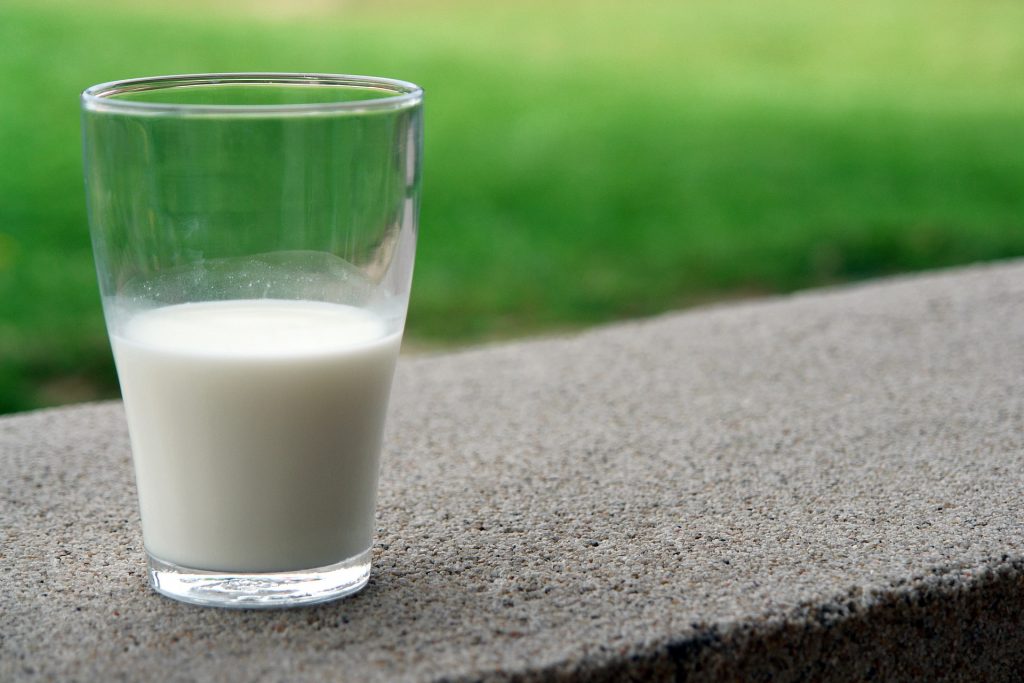 Whole milk is often maligned as being unhealthy, mainly because of the high saturated fat content. However, evidence shows a number of health benefits from consumption of whole milk and fermented milk products such as yoghurt. Milk is a complex liquid that contains a number of important nutrients that can provide health benefits. Milk is a reasonable source of calcium, and contains both casein and whey protein fractions. The proteins in milk may have particular beneficial effects on the immune system. Vitamins, specific proteins, bioactive peptides, oligosaccharides, fatty and organic acids in milk and yoghurt can all stimulate bacterial growth in the colon, that may explain some of the positive effects for dairy products reported in studies. Fermentation of milk to form yoghurt also produces high amounts of lactic acid, and this may have beneficial effects on bacterial growth in the colon. Sphingolipids in milk fat may have antimicrobial effects suggesting that whole milk may be healthier than skimmed milk.
Whole milk is often maligned as being unhealthy, mainly because of the high saturated fat content. However, evidence shows a number of health benefits from consumption of whole milk and fermented milk products such as yoghurt. Milk is a complex liquid that contains a number of important nutrients that can provide health benefits. Milk is a reasonable source of calcium, and contains both casein and whey protein fractions. The proteins in milk may have particular beneficial effects on the immune system. Vitamins, specific proteins, bioactive peptides, oligosaccharides, fatty and organic acids in milk and yoghurt can all stimulate bacterial growth in the colon, that may explain some of the positive effects for dairy products reported in studies. Fermentation of milk to form yoghurt also produces high amounts of lactic acid, and this may have beneficial effects on bacterial growth in the colon. Sphingolipids in milk fat may have antimicrobial effects suggesting that whole milk may be healthier than skimmed milk.

It is not surprising that milk and milk products are beneficial to the microflora of the gut, as one of the primary functions of milk is to facilitate bacterial growth in the colon of the infant. Milk contains properties that are conductive to growth, repair and immune enhancement, as these are important factors in infant growth. Numerous studies attest to the health benefits of whey proteins, particularly in terms of immune stimulation.
Eat Well, Stay Healthy, Protect Yourself
RdB
